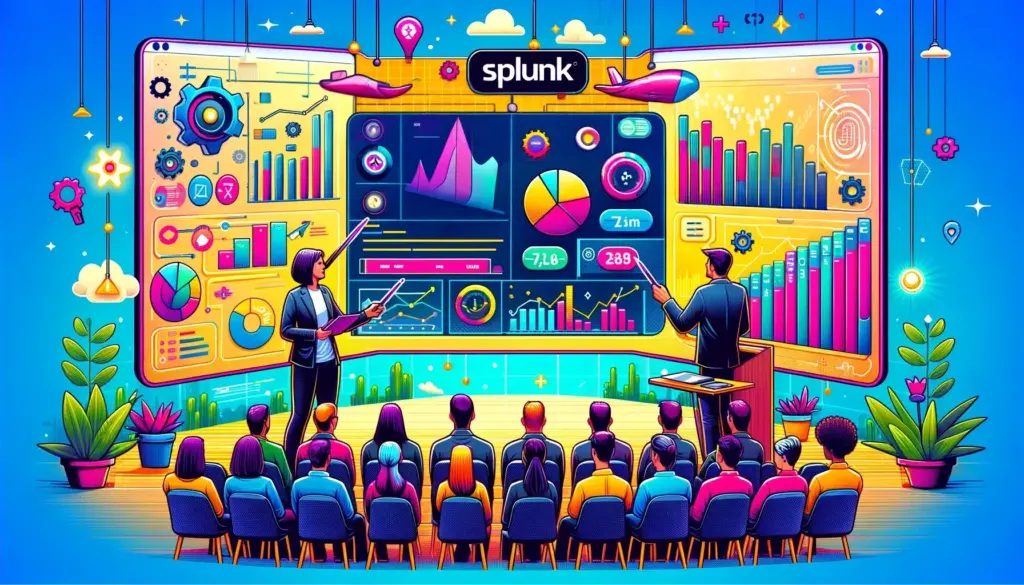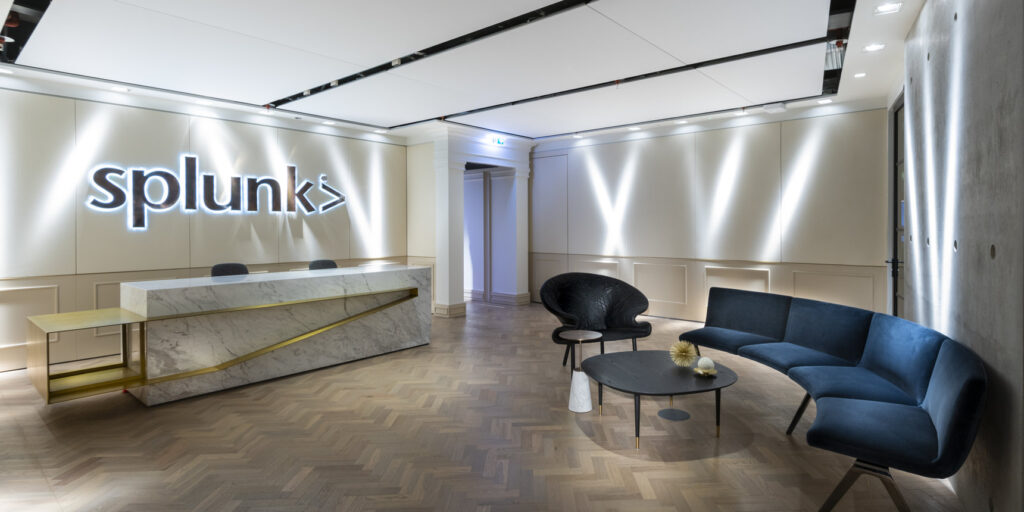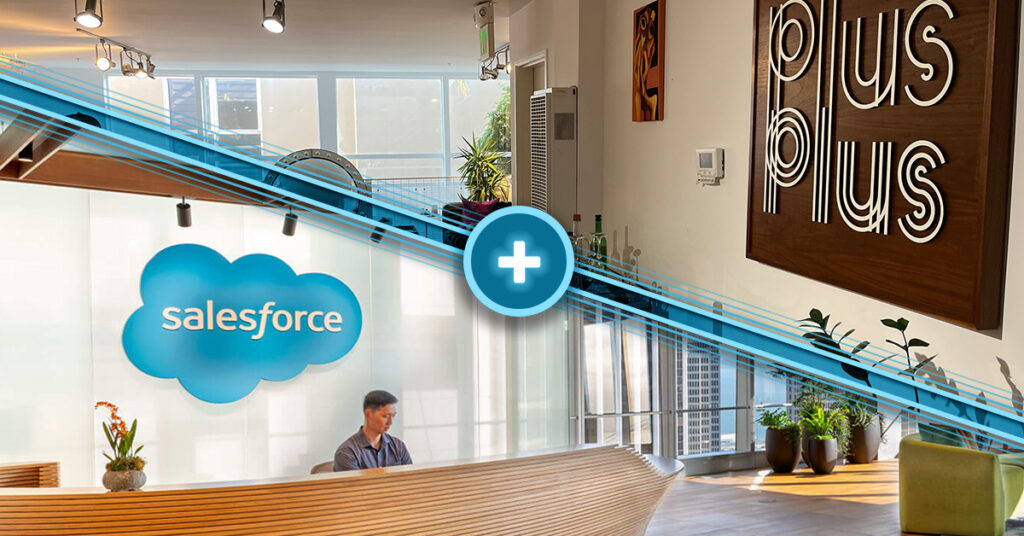Overview
Carbon Health provides smart, hassle-free primary access for all. While Carbon Health was tackling COVID-19 vaccination efforts, Hanah Yendler and Bosmat Eldar were figuring out how to scale their five engineers to over 90 engineers in support of frontline medical staff. The overall results: 1.5M COVID-19 tests, and over 1.4M vaccines facilitated throughout the country.
During our TechKnowCon August Roundtable, we spoke to the duo behind the scenes to find out how they implemented a technical onboarding program in just two days, and how they continue to improve their offerings to set their engineers up for success.
Key takeaways
-
- With focused efforts, it’s possible to implement an engineering onboarding program in just a few days.
-
- Documentation is key in scaling and having continuous improvement.
-
- Creating relationships with new hires goes a long way, and it starts with a successful and impactful onboarding program.
-
- Defining what “success” looks like for your organization is key when creating an onboarding program so you can measure its impact on new hires and teams.
-
- Proper onboarding becomes a department alignment tool.
-
- Always listen to feedback and keep tweaking content offerings and goals.
“What we have is more than enough that I can say. We have nice documentation. Carbon has the best onboarding program.” – Recent technical hire at Carbon Health
Simplifying with self-guided
When Hanah was tasked with coming up with an onboarding program for new hires, she recognized the biggest challenge was working with limited time and resources. To start, rather than having a few day-long hands-on training with a buddy, she went on to create a self-guided onboarding with breakdown of day-by-day tasks and goals so new-hires get up to speed while allowing existing engineers to stay focused on the task at hand: coding.
Setting a higher bar for documentation
It’s difficult to get everyone on the same page even in the best of circumstances. Central to Carbon Health’s strategy is being diligent about documentation that stays accurate. Bosmat pushed the company to have a “documentation culture” so it becomes part of their day-to-day routine to document and keep resources up-to-date. Creating an easy to navigate information structure all in one place—for both the engineering managers and new-hires—helped tremendously in unlocking knowledge sharing.
Practicing means progress
Every company does things differently, and so the challenge is to find ways to contextualize learning effectively. As a way for new-hires to work on newly learned skills while diving into the real code, Carbon Health created a program, called Toy Projects. By doing so, new-hires have options on being exposed to the actual codebase and getting hands-on experience. Once new-hires gain more confidence, it becomes a much easier transition to work on real tasks on a real project. Hanah Yendler and Bosmat Eldar explain, through collecting and listening to feedback, they are able to continue improving their offerings to have a more well-rounded and effective technical onboarding experience for new-hires.
Thinking about the future
More personalized onboarding and learning opportunities are the way of the future. Hanah Yendler and Bosmat Eldar explain that Carbon Health will continue to expand their onboarding programs to have specific target areas, like DevOps, Machine Learning, and specific programs for part-time hires, and managers. With the help of their very own new-hires, they will also be able to uplevel curriculums and create a stronger organization-wide learning culture.
Anticipating the new challenges of remote work
The pandemic brought on a sudden change from in-office working to working from home, and so teams are adapting to new best practices. During this Roundtable session, we surveyed the audience on how they set up their onboarding programs during this WFH era. Interestingly, most mentioned having to rely on a “buddy” system and/or cohort-based group learning. To us, this comes at no surprise. We believe that teams engage and learn best from each other—whether that is scheduled live-learning events, mentorship opportunities, or “office hours” with peers. For the most innovative companies, the ability to foster real-world connection and create a sense of “safe environment” for teams will go a long way.
“I really love how welcoming and judgement-free everyone was and how helpful everyone tried to be whenever I had questions.” – Recent technical hire at Carbon Health







